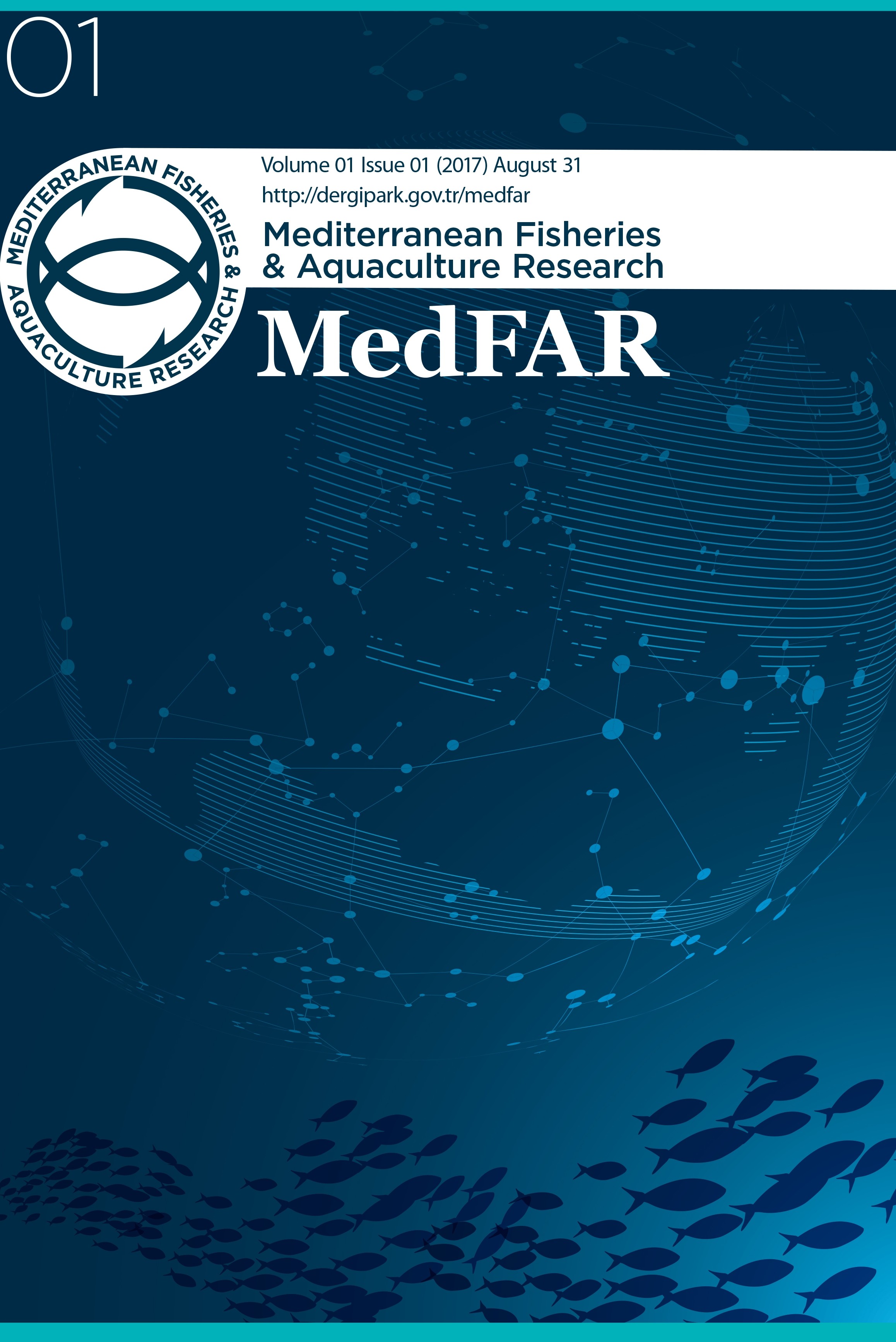
Mediterranean Fisheries and Aquaculture Research
Yazarlar: Levent BAT, Ayşah ÖZTEKİN, Fatih ŞAHİN, Elif ARICI, Uğur ÖZSANDIKÇI
Konular:Deniz ve Tatlı Su Biyolojisi
Anahtar Kelimeler:Black Sea,Pollution,Heavy metals,Marine Strategy Framework Directive
Özet: In the last four decades the Black Sea has suffered important changes induced by human activities. Some 162 million people live in the catchment area of the Black Sea and they make extraordinary demands on its resources. Waste from towns and cities, farms and factories pours into the Black Sea; some comes directly from the coast, but most flows relentlessly from the region's major rivers, River Danube, Dnieper and Dniester. Hence, coming trends will depend largely on human-related menaces. Depending on place and time ecologists have been principally interested in eutrophication, heavy metals, synthetic chemicals, radionuclides sedimentation, acid-rain and hot water. Airborne pollution also contaminates the sea; while the consequences of a changing climate brought about by greenhouse gases building up in the atmosphere seem certain to add to the stress already suffered by the Black Sea environment. A special threat comes from the many big ships or petrol tankers. Coupled with the unremitting pressure from the effects of the fıshing industry, and the tourist developments that are destroying the natural life that attracts thousands people to the region every year, it is not surprising that the Black Sea is one of the world's most threatened marine ecosystems. This review is to make a general assessment of the pollution of the Black Sea coast of Turkey.
Dergi editörleri editör girişini kullanarak sisteme giriş yapabilirler. Editör girişi için tıklayınız.